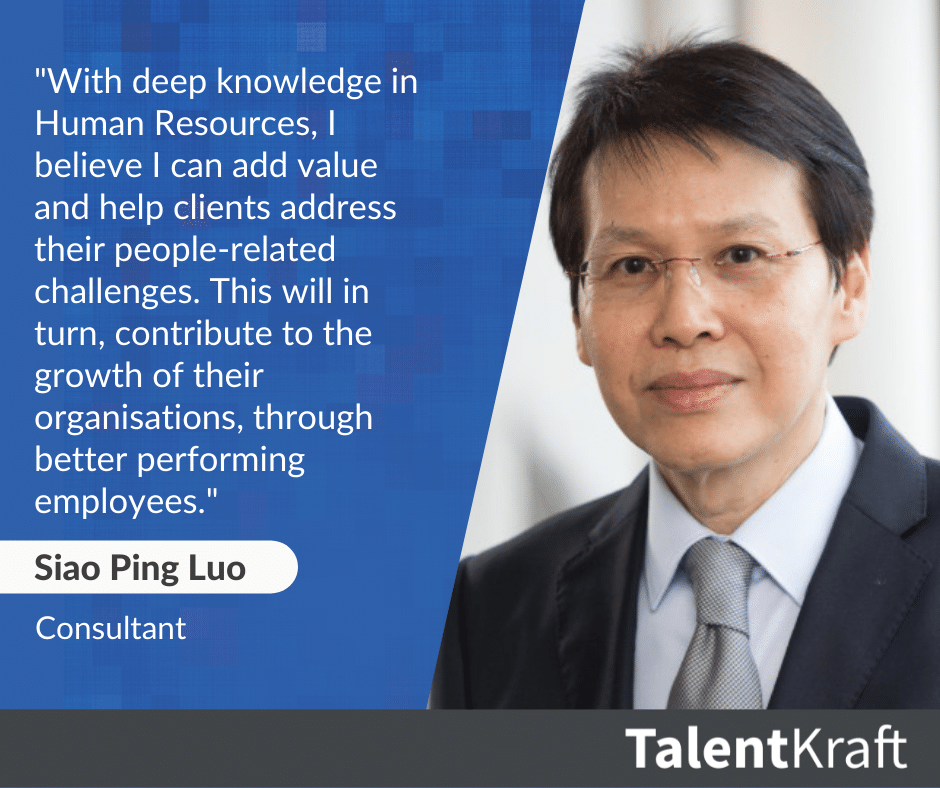Prioritizing the most important type of capital for startups

Having the right team for a startup can make all the difference between unicorn status and finding yourself looking for another source of income.
We hear a lot about the academic approach to building a successful startup. Building a business plan with competitive advantages, negotiating seed & series funding, and most importantly, scaling. Growth is essential, but one essential detail is often left out of the conversation. Who will help you grow it? How will you add the ‘who’?
Human capital should be prioritized over all other capital as it is ultimately what will carry a startup to the next level. However, one must be aware of the difficulties of building a strong culture before it can be used as an asset in attracting talent. Furthermore, startups must choose the most efficient and effective medium for hiring before formulating the right incentive package for candidates to sign.
Why Human Capital matters

For the majority of startups, the primary goal is to continue fueling growth through a series of funding rounds from venture capitalists (VCs). In order to obtain this funding, VCs will perform vigorous due diligence on startups from a number of perspectives. According to a recent study done by a number of elite business schools, when selecting investments, VCs place the greatest importance on the management team. Furthermore, the team was by far the most important factor that contributed to the success or failure of a firm. Therefore, not only will a team play a large role in developing capabilities for a firm, but it will also contribute to the firm’s ability to raise funds, and hence continue to grow.
Establish a positive culture from the beginning
Company culture has a direct impact on the ability to attract talent and retain employees. For startups, every new hire can have a dramatic impact on the culture. Therefore, a firm’s culture is most vulnerable in its adolescent stages.
If unfocused, a startup can develop an undesirable culture that becomes difficult to change. While change management projects can reshape culture, it is not something an early-stage startup should be doing. Consequently, founders need to prioritize building the right culture from inception, and hire people who will contribute to the culture.
Advances in HR tech are making it possible to screen candidates for cultural fit. With more screening tools available in the market, companies can now gain insight into a candidate before they are even invited for the interview. The use of analytics through psychometric tests can be applied as a screening tool for desirable traits and improve fit, and thereby reduce the risk of disruption to company culture.
Use your culture as a magnet for talent

Startup cultures come in all flavours, but there are a number of traits which seem more prevalent among successful startups. Consider implementing them if they fit your style!
One is to encourage bottom-up feedback. Perspectives from all levels will help guard the business against blind spots(Harper). Ensure that you have established channels to acquire this feedback, such as company surveys, open-door policy, or opportunities in meetings. Potential candidates will be enticed by the fact that they can make an impact on decision making from day one.
Another is to establish transparency from management. In comparison to other organizations, startups carry significant risks. In startups, there will always be some kind of turbulence, but it is how the organization communicates these issues internally that makes the difference. Transparency helps employees see the direct impact of their contributions, and by building trust, achieves an increase in loyalty, engagement, and commitment (Kappel).
Once your culture has attracted a team of engaged employees, you need to leverage them as your brand ambassadors. Whether through employer reviews or outreach to the business community, they can share their own experiences with the firm. In a recent Gallup survey, 71 percent of workers say they use referrals from current employees of an organization to learn about job opportunities (Dvorak & Pendall). The more exposure from the current workforce, the larger the recruitment funnel will become.
Internal or external hiring process?
In my previous job, hiring was primarily done through a headhunter. The results were mediocre given the length of tenure of the employees and the high commission costs. It was not long before the organization decided to build its own internal talent acquisition capability.
In the absence of an HR team, many startups outsource the function of hiring. For an asset-light startup where cost control is essential, ask yourself if there is a better use of funds. More importantly, does the candidate pool produce successful hires that fit with the organization’s values? Done right, hiring need not be tedious or time-consuming. HR tech tools, made affordable by SaaS companies, make it feasible for even small startups to build effective and efficient recruiting processes. (Find out how we helped companies build that productive recruiting process!)
To improve offer acceptance, know the competitive landscape and the candidate

Once the right candidate is selected, the next challenge is convincing them to take up your job offer. This is a challenge for startups because they can rarely match the salaries offered by big companies.
A startup must do its homework on who they are competing against. What differentiates those organizations from the startup? How is the competitor compensation materially different? These factors will ultimately affect the candidate’s decision.
Compared to large competitors, early employees will need to be compensated for the inherent risks a startup carries. Employers can mitigate this with employee stock options. The option price and the number of shares will be determined by the position of the employee and the stage of the startup. This method reduces cash burn while enticing employees to stay with the company.
A less common tactic for startups is scaled salaries. The majority of startup salaries tend to be below market value. The majority of employees are only willing to work at a discount to market value for a limited time. As a result, offer sheets can include a specific term that increases the salary for each round of funding, which provides future salary guidance for employees.
For many, these perceived upsides can directly outweigh the steady salary of big companies. By making these small sacrifices, startups can overcome the challenge of competitive compensation to attract talent.
A startup must commit early to developing and supporting its human capital. By establishing and harnessing an attractive culture, an internal hiring capability, and a competitive compensation package, startups can acquire top-level talent. A founder is often solely responsible for the initial success of a startup. However, it is the whole team that needs to power the firm to greater heights. And that is why founders need to prioritize human capital, the most important type of capital for startups.
Prioritise human capital.
Like this article?
Want to get insights on your team's culture?
Click on this button to find out how you can do that with TalentKraft’s TeamSight.


Discovering ourselves as Gen Zs
Discovering ourselves as Gen Zs, we face unique challenges in aligning our careers with our passions. TalentKraft’s internship provided invaluable experiences, helping us define problems, explore options, and evaluate career paths. Through workshops, personality profiling, and real-world projects, we gained insights into various industries and honed our problem-solving skills. This journey has been crucial in shaping our professional growth and career decisions.

Top 3 HR challenges faced by non-profits and how to tackle them
According to LinkedIn, firms with poor employer brands could be paying as much as US$7.6 million. What exactly is an employer brand and what does it entail? And how can you improve your employer brand today to appeal to top talents?

5 ways to improve your employer brand
According to LinkedIn, firms with poor employer brands could be paying as much as US$7.6 million. What exactly is an employer brand and what does it entail? And how can you improve your employer brand today to appeal to top talents?

Talent spotlight: Meet Siao Ping Luo, HR expert & Consultant with growth mindset
With over 20 years of hands-on experience in the HR space, Siao Ping has become a leader in the Human Resources (HR) field and a consultant on people-related topics across diverse industries in the APAC region.

Talent spotlight: Our BD manager’s journey with HR
With 14 years of experience leading teams, our new Business Development Manager is no stranger to the intricacies and challenges of HR. Shahira Zailani shares her thoughts on helping companies build more effective teams!

TalentKraft helps SMEs and businesses unlock value in HR – THE BUSINESS TIMES
Part of the strategy consultant’s challenge is educating SME leaders on the importance and value of HR to their wellbeing.

